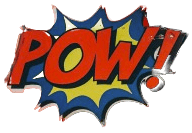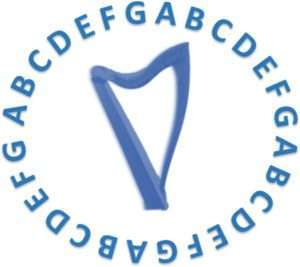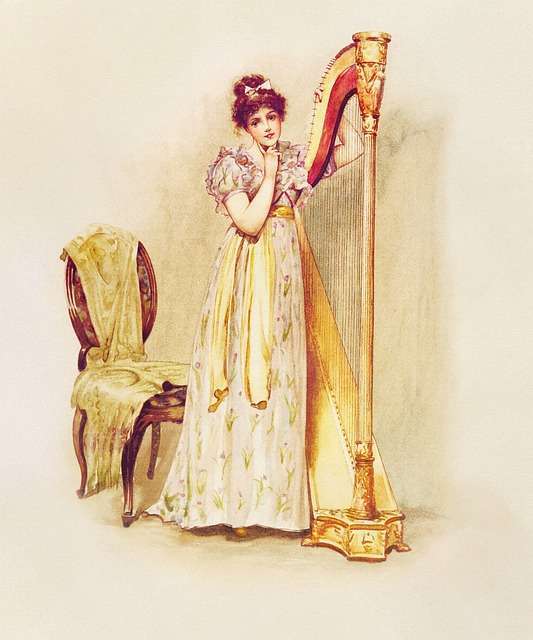Spring Sharing
We are half way through the Spring – the point in the year when most places have Goldilocks weather – not too cold, not too hot, not too wet. It’s time to take it outside!
During the lockdown, some of us took to our porches to share music with neighbors and friends. We were staying apart and we did all we could to help each other from a distance. It wasn’t fun and we were all delighted when it was over.
But that time is over (thankfully!). We’ve gone back to our regular lives and try to forget about that ickiness. Blech – leave it in the past.
Except one thing – that time sharing our music really helped people. It brought music – which always eases hearts and minds – to people who needed it at the time.

What I have learned is that those same people would love to continue to share that time. I was fortunate enough to have neighbors mention how much they enjoyed the covid concerts. That they missed them, that they kinda hoped I’d start again. (insert slightly exaggerated happy dance here)
So, you know what they say, give the audience what they want! I’m excited to be returning to my concerts – without the covid this time! These concerts aren’t big events. I play for a small group and for about 30 minutes or so. The audience enjoys a bit of culture and time together.
What do I get? What a good question! I get a warm, supportive, test audience! Because we’re close together and it’s so informal, we’re very relaxed. I can test out new material on them and they give me immediate feedback. Big corporations pay a lot of money for this kind of focus group – and I get mine for the small price of tunes in plein air!
What’s the point? I want to encourage you to do the same thing – go out and play on your porch, sidewalk, or cul-de-sac. Invite your neighbors. Let them know you miss seeing them and that you’re using playing for them as an excuse to have a get-together. People are still lonely and wanting to have community and you can help build that! That is a superpower!
 If you’re not a party planner, you might not know how to make it happen. Here’s what I do – I send out an email (once I made little flyers – the point is to get the word out). In that, I encourage them to bring a chair and a beverage and tell them what time I’ll be starting about-ish and where. Remember it’s casual, so -ish is timely enough. Then I go out and do the thing. Sometimes it feels like it’ll be just me and then suddenly, there’s loads of people there.
If you’re not a party planner, you might not know how to make it happen. Here’s what I do – I send out an email (once I made little flyers – the point is to get the word out). In that, I encourage them to bring a chair and a beverage and tell them what time I’ll be starting about-ish and where. Remember it’s casual, so -ish is timely enough. Then I go out and do the thing. Sometimes it feels like it’ll be just me and then suddenly, there’s loads of people there.
What to give it a try? Here it is step by step:
- Decide to do it (yay!)
- Invite people (see above)
- Make a set list – 25 minutes is about 8 – 10 tunes
- Practice
- Go out, do the thing, make some friends
- Feel your heart grow three sizes ????
So, what do you think? Will you join me in going out to share some music with neighbors? Let me know in the comments!








